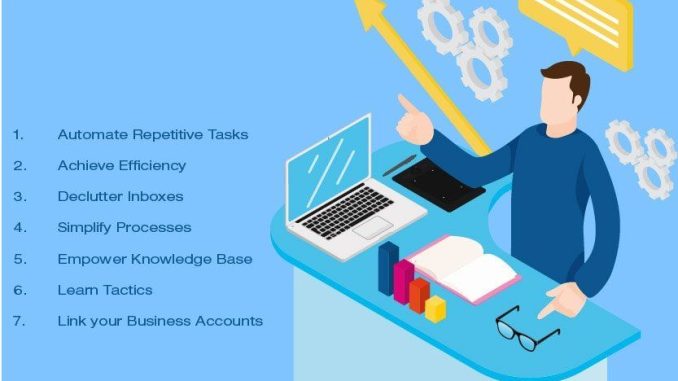
In today’s fast-paced business world, staying ahead of the curve is essential for success. One area where companies can gain a competitive edge is through the use of HR technology. By leveraging the latest tools and software, organizations can streamline their processes, improve efficiency, and enhance the overall employee experience.
The Benefits of HR Technology
HR technology offers a wide range of benefits for both employees and employers. By automating repetitive tasks, such as payroll processing, benefits administration, and time tracking, HR technology allows HR professionals to focus on more strategic initiatives. This not only saves time and money but also ensures that employees are well-supported and engaged.
Furthermore, HR technology can help improve communication and collaboration within an organization. By providing employees with self-service portals and mobile apps, companies can empower their workforce to access important information, request time off, and communicate with HR professionals easily and efficiently.
Streamlining Recruitment and Onboarding
One of the key areas where HR technology can make a significant impact is in the recruitment and onboarding process. By using applicant tracking systems and automated onboarding software, companies can streamline their hiring process, reduce time-to-fill, and improve the overall candidate experience.
HR technology allows recruiters to easily track and manage candidates, schedule interviews, and communicate with hiring managers. Additionally, onboarding software can help new employees get up to speed quickly by providing them with the necessary training materials, company policies, and contacts.
Enhancing Employee Engagement
Another important aspect of HR technology is its ability to enhance employee engagement. By using tools such as performance management software, companies can set goals, track progress, and provide feedback in real-time. This not only helps employees stay motivated and focused but also allows managers to identify areas for improvement and provide support when needed.
Additionally, HR technology can help companies gather valuable feedback from employees through surveys and feedback tools. By listening to their employees’ opinions and suggestions, companies can make data-driven decisions that improve employee satisfaction and retention.
Ensuring Compliance and Data Security
HR technology also plays a critical role in ensuring compliance with labor laws and data security regulations. By using HRIS systems and secure cloud-based platforms, companies can keep track of employee data, manage payroll and benefits, and generate reports for regulatory agencies.
Furthermore, HR technology can help companies protect sensitive employee information and prevent data breaches. By implementing encryption, multi-factor authentication, and regular security audits, companies can minimize the risk of data theft and ensure that their employees’ information is safe and secure.
Conclusion
In conclusion, HR technology offers numerous benefits for companies looking to streamline their processes, improve efficiency, and enhance the overall employee experience. By leveraging the latest tools and software, organizations can automate tasks, improve communication, and provide employees with the tools they need to succeed.
Whether it’s streamlining recruitment and onboarding, enhancing employee engagement, ensuring compliance, or protecting data security, HR technology is an essential tool for today’s businesses. By investing in the right technology and processes, companies can stay ahead of the competition and attract, retain, and develop top talent.
